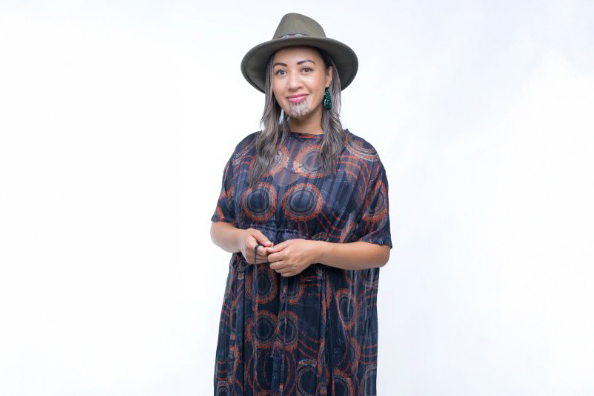If you want to understand rangahau, forget about research because it’s not the same thing.
The two concepts are often misrepresented or misunderstood as two sides of the same coin but Te Wānanga o Aotearoa Rangahau Lead Dr Shireen Maged says they’re entirely different concepts and inquiry paradigms and are underpinned by completely different worldviews.
Shireen and Hauora and Social Services Lead Wheturangi Walsh-Tapiata outlined the differences between rangahau and research – particularly in the social services sphere - at the recent National Rangahau Conference held in Hamilton.
Essentially the research process and approach to inquiry is underpinned by a western, Euro-centric understanding of the nature of reality and how we come to know and do things.
Shireen says that inquiry paradigms are ultimately belief systems that are based on assumptions of what we believe to be true.
“If one views language as a carrier of culture, then the word research can be viewed as a carrier of western culture that reinforces and privileges a western ideology.”
Wheturangi says we too often look at this western view to understand research whereas to understand rangahau we should be looking closer to home.
“We’ve been looking overseas for solutions but the solutions are here in our reo and tikanga,” she says.
“We should teach our tauira to go back to learn the stories of their people and adapt them to the present. That’s how our people lived in this world.”
Those stories are an integral part of rangahau, she says.
“Rangahau is grounded in a cultural perspective which is tikanga Māori and ahuatanga Māori. It is an indigenous perspective with different experiences, different truths.”
Shireen says that growing up in South Africa – where she was classified as coloured – taught her how racial identities can be politically constructed and imposed to divide and rule people.
“Growing up with a legally-imposed racial classification has a profound impact on one’s consciousness. However, my generation was able to see through this political fiction and over time an internal critical mass developed that was able to effectively resist and challenge the status quo. This – along with pressure from the international community - ultimately led to the downfall of apartheid”
With her PhD, Shireen wanted to point out the constructed nature of knowledge, highlight multiple truths and realities and prove that the researcher is not neutral or objective.
“I believe that reality is socially and culturally constructed. Research is an English word that carries with it western cultural assumptions, whereas rangahau is grounded in Te Ao Māori. Therein lies the critical difference.”
Wheturangi says the rangahau work being undertaken at Te Wānanga o Aotearoa, while relatively new, is important.
“The wānanga offers a really critical space to do this kind of investigation. We need to work more in collaboration, across disciplines when we are looking at rangahau. While it is still new in our organisation, this will be our point of difference as we evolve.”
Clearly explaining rangahau is one of the first steps towards developing a rangahau culture.
“The starting point is cultural and we wanted to make that explicit in the strategy,” Shireen says.
“We’ve started at the right place and now we need to unpack it further and describe in detail what it looks like. It is also important that we allow the journey to be organic. The more rangahau we do the clearer we will become about what it is and what it is not.”
Equally important is ensuring that rangahau makes a positive contribution to transformation at Te Wānanga o Aotearoa.
“It is an extremely exciting journey for Te Wānanga o Aotearoa kairangahau when they experience the transformative impact of rangahau.”




































